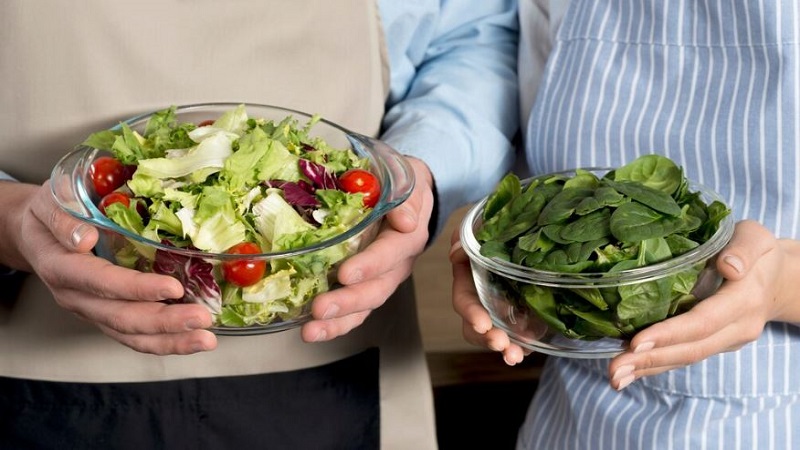Pre-packaged salads have become a go-to option for quick, healthy meals. However, these convenient products have sometimes been linked to serious health risks, particularly Listeriosis outbreaks. Listeriosis, caused by Listeria monocytogenes, can lead to severe illness, especially among vulnerable groups like pregnant women, the elderly, and those with weakened immune systems. Several outbreaks traced to pre-packaged salads have highlighted weaknesses in the food production and distribution process. This article discusses key lessons learned from these incidents and their impact on food safety.
Understanding Listeriosis and Its Risks
Listeriosis is a foodborne illness that ranges from mild gastrointestinal distress to severe complications like meningitis. Listeria monocytogenes is particularly dangerous because it can survive and grow at refrigeration temperatures, making it a threat in chilled, ready-to-eat foods like pre-packaged salads. Consuming contaminated products can be life-threatening for those with compromised immune systems.
Recent Outbreaks: A Critical Wake-Up Call
Recent Listeriosis outbreaks linked to pre-packaged salads have revealed significant challenges in maintaining food safety. These incidents often result in widespread recalls, serious illness, and even fatalities, prompting public and regulatory scrutiny.
One major outbreak in 2016 in the United States was traced back to pre-packaged salads, leading to multiple deaths and hospitalizations. This outbreak exposed significant weaknesses in the supply chain, from the farm to the packaging facility.
Another significant outbreak occurred in 2019 in Europe, where a Listeriosis scare linked to packaged salads led to extensive recalls across multiple countries. These incidents underscored the vulnerability of pre-packaged salads to contamination and the global impact of such outbreaks.
Key Lessons Learned
The recurrence of Listeriosis outbreaks in pre-packaged salads has driven significant changes in food safety practices. Here are the key lessons:
1. Rigorous Sanitation and Environmental Monitoring
Maintaining strict sanitation standards in food processing facilities is crucial. Listeria thrives in damp, cool environments, so companies must implement comprehensive cleaning and sanitizing protocols. Regular environmental monitoring, including testing for Listeria, is essential for early detection and prevention of contamination. Companies are now investing in advanced sanitation technologies to minimize risks.
2. Improved Supply Chain Transparency and Traceability
The complexity of the food supply chain has contributed to the spread of Listeriosis outbreaks. As a result, there’s an increasing focus on supply chain transparency and traceability. Food companies are adopting technologies that allow them to track products from farm to table, ensuring that issues are quickly identified and addressed.
3. Enhanced Cold Chain Management
Listeria can grow at refrigeration temperatures, making cold chain management critical. Maintaining consistent, safe temperatures for pre-packaged salads from production to retail is essential. Companies are using sophisticated temperature monitoring systems to reduce contamination risks.
4. Consumer Education and Awareness
Consumer education is vital in reducing Listeriosis risks. Public health campaigns and clear labeling can inform consumers about proper storage, handling, and consumption practices. Consumers should check expiration dates, store salads correctly, and avoid consuming recalled products.
5. Regulatory Oversight and Industry Collaboration
Recent outbreaks have led to increased regulatory scrutiny and more robust food safety regulations. Governments and food safety agencies are working closely with the industry to develop and enforce stricter standards. This collaboration ensures best practices are implemented across the board.
The Future of Food Safety in Pre-Packaged Salads
Lessons from recent Listeriosis outbreaks have spurred changes in how the food industry approaches safety in pre-packaged salads. Companies are now more aware of the risks and are investing in technologies and practices that can help prevent contamination. However, ensuring food safety in a globalized, complex supply chain remains challenging. Ongoing innovation, stringent regulatory oversight, and consumer awareness will be critical in mitigating Listeriosis risks in pre-packaged salads.
By learning from past outbreaks and addressing vulnerabilities, the packaged salad industry can continue to thrive while protecting public health.
